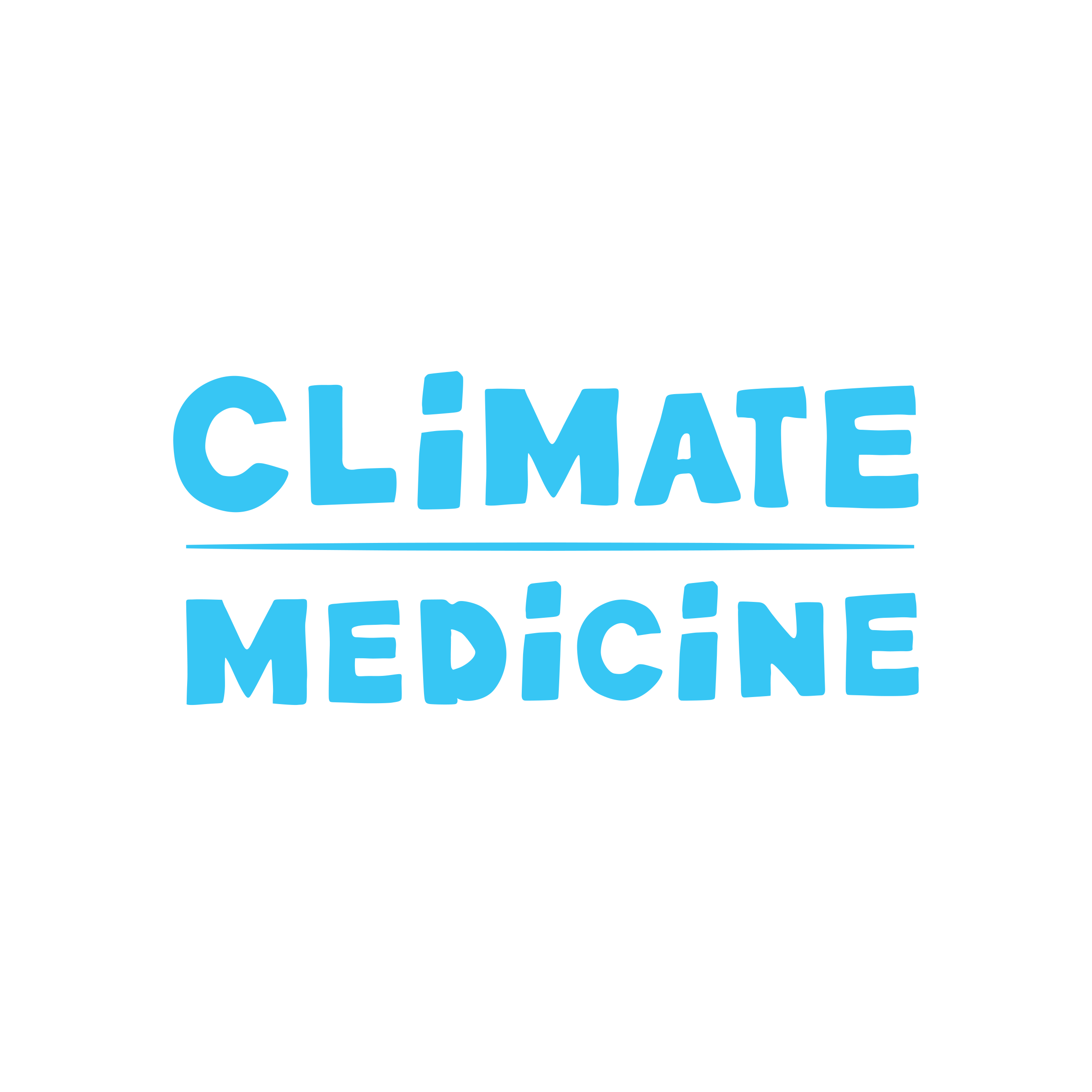Heat
Heat Waves
Heat Waves are Australia's most deadly natural disaster. Recent research has suggested that between 2006-2017 more than 36,000 Australians lost their lives due to extreme heat. Heatwaves are more deadly than bushfires, storms, floods and cyclones. At the Black Saturday bushfires in 2009 there were 374 deaths from heat versus the 173 deaths from the fire.
The Bureau of Meteorology defines a heatwave as three or more days of high maximum and minimum temperatures that are unusual for that location. In South Australia an extreme heat warning is issued when there is an average daily temperature above 32 ℃, for 3 consecutive days, with other states having similar definitions. This equates to a daily maximum above 40 ℃ and a daily minimum above 24 ℃.
It’s important to protect yourself during heatwaves and act to stay healthy in the heat.
Heat Stress
When we get hot, our bodies respond to keep us cool. We get thirsty, we sweat and our blood vessels dilate. We increase our rate of breathing to blow off hot air. We tend to stretch out and rest. When these cooling mechanisms fail we are at risk of heat exhaustion and heat stroke. We have an increased risk of heart attacks, kidney disease, respiratory disease and hospitalisation.
Certain groups are more vulnerable to heat related illnesses than others. The elderly are particularly vulnerable, not only because they are more likely to have underlying medical conditions but also because older people are less able to respond to heat stress. Pregnant women, babies and young children are at increased risk during heat waves, as are those with underlying medical and mental health conditions.
There are some prescribed medications that impair our response to heat. These medications include commonly prescribed medications like Lasix and Endep. Please discuss with your doctor how to manage your medications during heat waves. DO NOT stop any medications without consulting with your doctor.
Heat Exhaustion and Heat Stroke
The two most serious heat related illness are heat exhaustion and heat stroke. These extreme effects of overheating are serious conditions and require active management. A person with heat exhaustion can rapidly escalate into a person with heat stroke.
Heat stroke is a medical emergency and can be fatal. CALL 000
When feeling overheated actively cool yourself down. Drink water, wet your skin, sit in the shade and rest. Tell the people around you are unwell or if alone call someone. Tell them you’re feeling overheated.
If you see someone who is overheated help cool them down. If the person becomes unconscious or deteriorates keep cooling them down and call 000.
If you come across an unconscious person and its been hot call 000 and try to cool them down.
If you know first aid act as per a resuscitation emergency and remember your DRSABC: Danger, Response, Send for Help, Airway, Breathing, Circulation.


